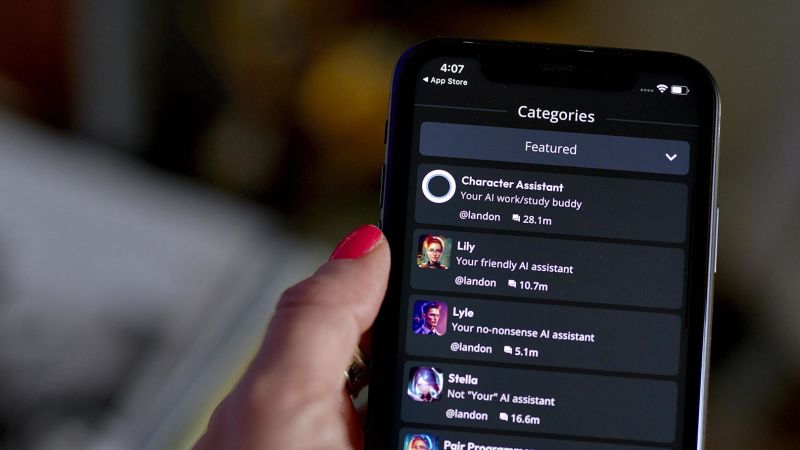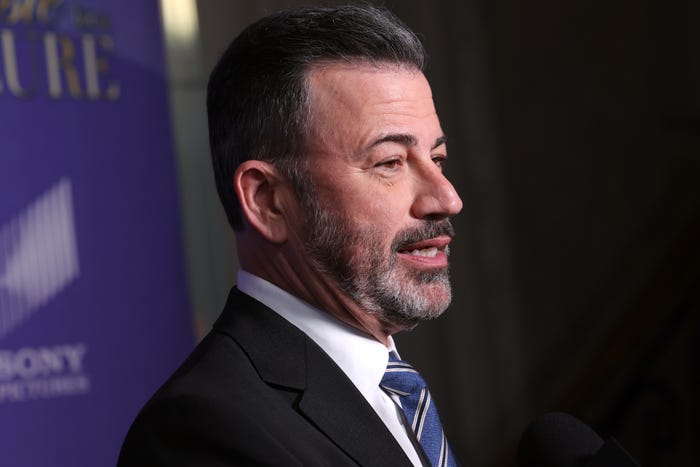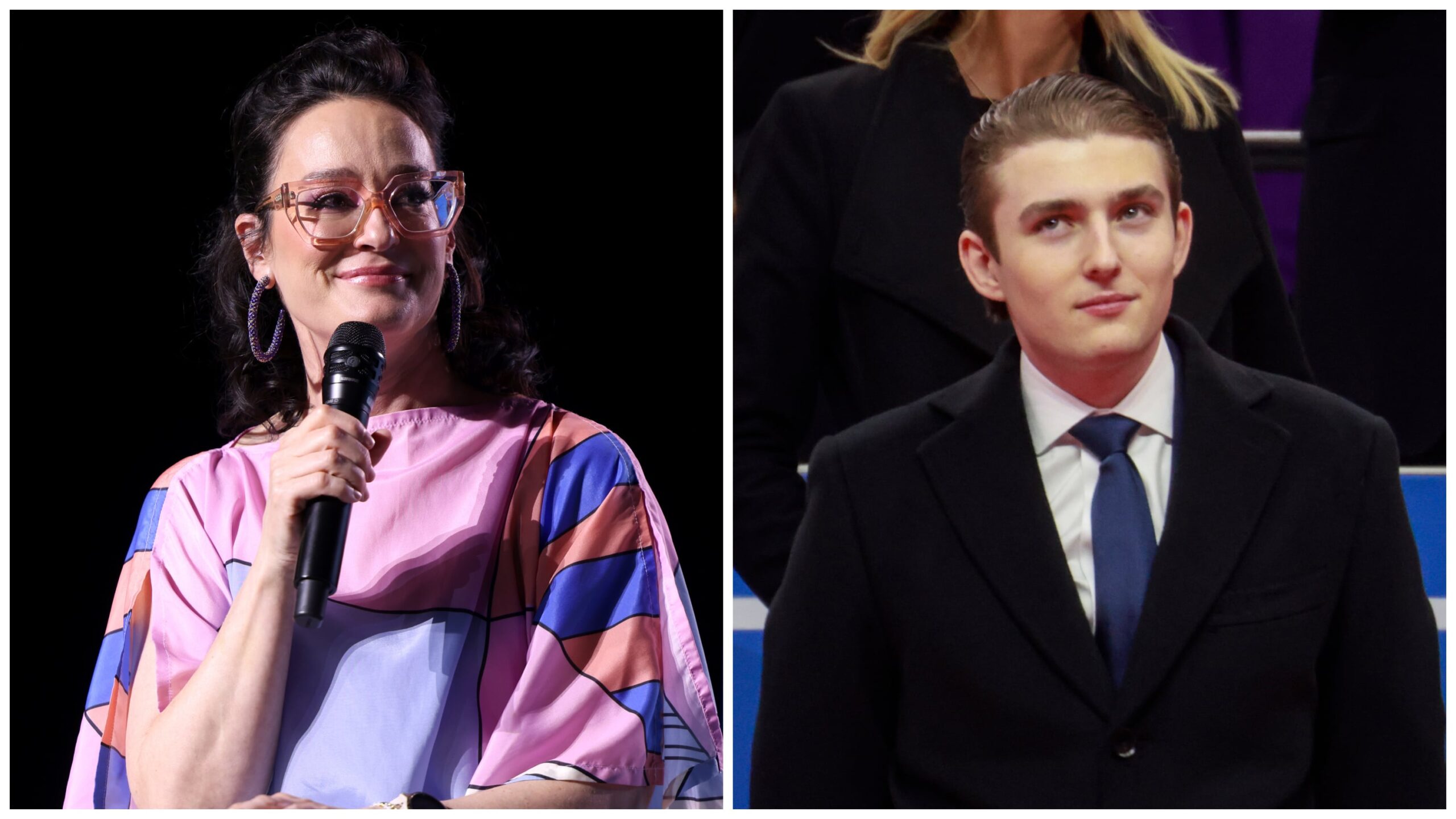Character.AI’s New CEO Tackles Safety Concerns Amidst Growing AI Competition

When Karandeep Anand’s 5-year-old daughter returns home from school, she often engages with “Librarian Linda,” one of the many characters on the artificial intelligence chatbot platform Character.AI. Anand’s personal experience as a parent might prove invaluable in his new role as the company’s CEO, a position he assumed last month. This leadership change comes at a crucial time for Character.AI, which allows users to interact with a variety of AI-generated personas.
Character.AI is navigating a challenging landscape, facing intense competition in the burgeoning AI sector and legal challenges from families alleging exposure to inappropriate content. Additionally, lawmakers have scrutinized the platform’s safety measures, and an advocacy group has recommended that AI companion apps should not be used by individuals under 18. Experts have also expressed concerns about the potential for users to form harmful attachments to AI characters.
New Leadership in a Competitive Market
Anand brings a wealth of experience from major tech companies to his leadership of Character.AI’s approximately 70-person team. His career includes 15 years at Microsoft and six years at Meta, where he served as vice president and head of business products. Before becoming CEO, Anand was a board advisor for Character.AI. He envisions a future where the platform offers interactive AI entertainment, encouraging users to co-create stories and engage in conversations rather than passively consuming social media content.
“AI can power a very, very powerful personal entertainment experience unlike anything we’ve seen in the last 10 years in social media, and definitely nothing like what TV used to be,” Anand shared in an interview. Unlike general-purpose AI tools like ChatGPT, Character.AI specializes in chatbots modeled after celebrities and fictional characters, allowing users to create their own for conversations or role play.
Addressing Safety Concerns
Character.AI has faced legal challenges, including a lawsuit from a Florida mother who claims her 14-year-old son died by suicide after interacting with chatbots on the platform. Additional lawsuits have accused the company of exposing children to sexual content and encouraging harmful behavior. In response, Character.AI has implemented several safety measures, such as directing users mentioning self-harm to the National Suicide Prevention Lifeline and updating its AI model to reduce exposure to sensitive content for users under 18. Parents can also receive weekly emails about their teen’s activity on the platform.
Despite these improvements, Anand acknowledges the ongoing need for vigilance in safeguarding young users. Character.AI’s policies require users to be over 13, but the platform does not verify birthdates. “The tech and the industry and the user base is constantly evolving (so) that we can never let the guard off. We have to constantly stay ahead of the curve,” Anand emphasized. The company continues to test new features to prevent misuse, such as a video generator that allows users to animate their bots.
“We had to red team the product for such a long time to make sure you cannot use this for any negative use case like deepfakes or bullying,” Anand explained.
Innovating in AI Entertainment
One of Anand’s priorities is refining the platform’s safety filter to be less restrictive, allowing for creative expression without compromising safety. He cited examples like vampire fan fiction role play, which might be unnecessarily censored under the current model. Anand aims to balance contextual understanding with safety.
Another focus is expanding the platform’s creator ecosystem, encouraging more users to develop new chatbot characters. Character.AI plans to enhance its social feed, enabling users to share their AI-generated content, similar to a feature Meta introduced that allows public sharing of AI creations. This social element could differentiate Character.AI from larger competitors like ChatGPT, where users are also forming personal connections.
However, Anand faces the challenge of retaining and growing the company’s workforce amidst an AI talent war. Meta, for instance, has reportedly offered lucrative pay packages to expand its superintelligence team. Character.AI co-founder and former CEO Noam Shazeer was also enticed back to Google, where he previously developed conversational AI technology.
“It is hard, I will not lie,” Anand admitted. “The good news for me as CEO is all the people we have here are very, very passionate and mission driven.”
As Character.AI navigates these challenges, Anand’s leadership will be crucial in steering the company towards a future of safe, engaging, and innovative AI entertainment.






